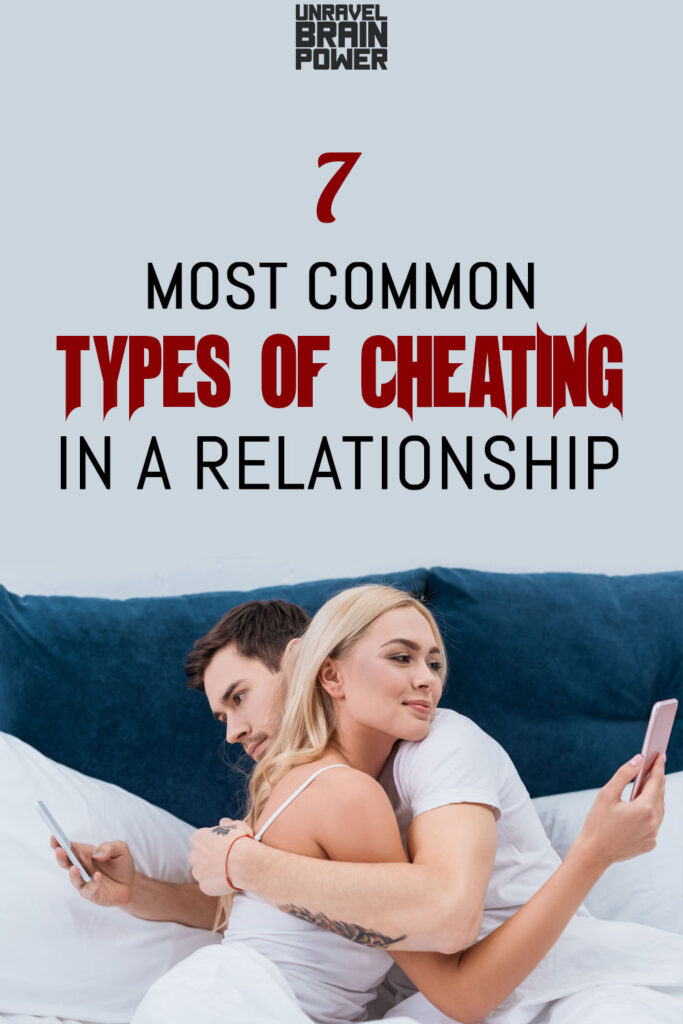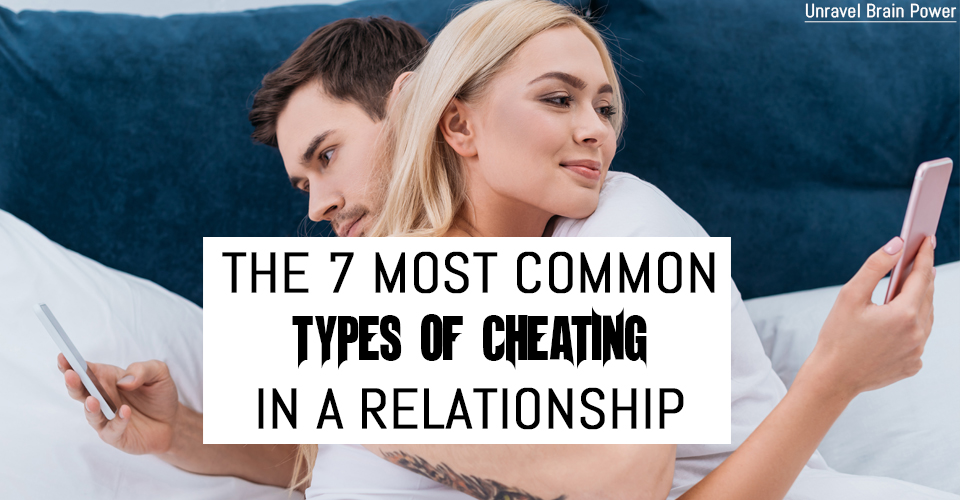When it comes to a relationship, what can be considered cheating? Broadly speaking, cheating is considered to be the act of being sexually or emotionally intimate with someone else other than your partner (with whom you are in a monogamous relationship). While you are bound to be committed with an individual, you being with someone else romantically, emotionally, or physically will certainly have drastic effects on your relationship. Does cheating only refer to hooking up or getting laid? No. Cheating can come in different forms. Usually cheating in a relationship will have drastic effects for both the partners in the relationship and the relationship as well.
It differs from person to person how they react to a cheating spouse or partner and whether they choose to forgive them or not. The repercussions are usually severe and long-lasting, so it is obvious that cheating has a huge impact on the relationship. Cheating, in some cases, may even end the relationship. In this article, we will discuss the various types of cheating that can happen in a relationship.
Keep in mind, some of the things mentioned below might not be considered cheating for some couples, as the concept of what constitutes cheating differs from one person to another.
1. Physical cheating:
The most common type of cheating in a relationship is physical cheating, where you become physically intimate with another human being other than your present partner, with whom you are in a relationship. Physical cheating usually refers to full-fledged sexual intercourse or physical contact with sexual intention – might be groping, touching, kissing, or making out. The most common excuses that are given for physical cheating are: “It was a one-time thing” or “We did it for fun, it didn’t mean anything” and so on.
2. Emotional cheating:
Emotional cheating, often considered to be more dangerous than physical cheating is where one of the partners in the relationship develops an emotional and romantic bonding with someone outside of the relationship. They might find this person online, or this person can be someone in their friend circle, whom they have known for a long time. Either way, they form an emotional bond with someone, with whom they share minute details of their life, and occasionally even complain to them about their present partners. All of these actions, while being in a relationship refer to emotional cheating. Emotional cheating may be followed by physical cheating in some cases, where there is ample scope and opportunity to get involved physically.
3. Cyber infidelity:
What is cyber infidelity? Cyber infidelity can be considered a modern epidemic because so many people are prone to cheating in an online medium. Everybody has an internet connection these days, and anybody you want to connect with is just a text away. The excessive usage of social media is also one of the reasons for growing cyber infidelity – an individual may grow attracted to someone they come across on social media and start interacting with them, and soon the conversations cross limits, with clear romantic/sexual intention.
4. Object affair:
This is another tricky area – an object affair is a scenario where one of the partners in the relationship is technically “not cheating” on their better half with another human being, instead is addicted to some object or habit to such an extent that it starts to have a negative impact on the relationship. This can be an addiction to any hobby, activity, and most commonly observed porn. This kind of addiction can prove to be detrimental to the relationship. For instance, when an individual is addicted to porn, they might get a distorted sense of reality as to what pleasure can be, and expect the same out of their partner. This will result in a lack of satisfaction and discontentment in the relationship.
5. Flirting (online and offline):
Flirting may happen either online or offline. While some people might argue, “There is nothing wrong with some innocent flirting”, the problem arises when it is not innocent anymore, when it is not just for fun anymore. When flirting happens with intention, it will certainly cause a lot of harm to the relationship.
6. Lying:
When either of the partners lies in the relationship, it can scream red flags. People may lie about small, minute details to bigger ones – like the friends they are hanging out with, whether they are keeping in touch with their ex, and so on. One of the worst scenarios is when people with shared finances lie to each other about major decisions and transactions – as it has a major impact on both people’s lives.
7. Using dating apps:
Some people who use dating apps even when they are in a relationship, usually want to keep their options open and are likely to cheat on their partner. In case you see your partner having a profile on any dating app while they are in a relationship with you, it might be a red flag – an indication that they are open to being with other people while having you in their life.
Cheating in relationships happens due to many reasons. For the partner who has been cheated on, it can take a lot to forgive the person who has cheated on them and move ahead from the situation, deciding whether they want to remain in the relationship or not. There are certain activities that certain people may classify as “cheating”, while others may not. If you are in a relationship, the first thing you must do is get to know about your partner’s set of beliefs and come to an understanding with them. Only then you can build a truly happy and harmonious relationship.
Read more
8 Subtle Signs That Your Partner Might Be Cheating On You
6 Tips To Build Successful Relationship After Cheating
How to forgive a Cheating Partner? Here are some useful tips
Pin this for later


